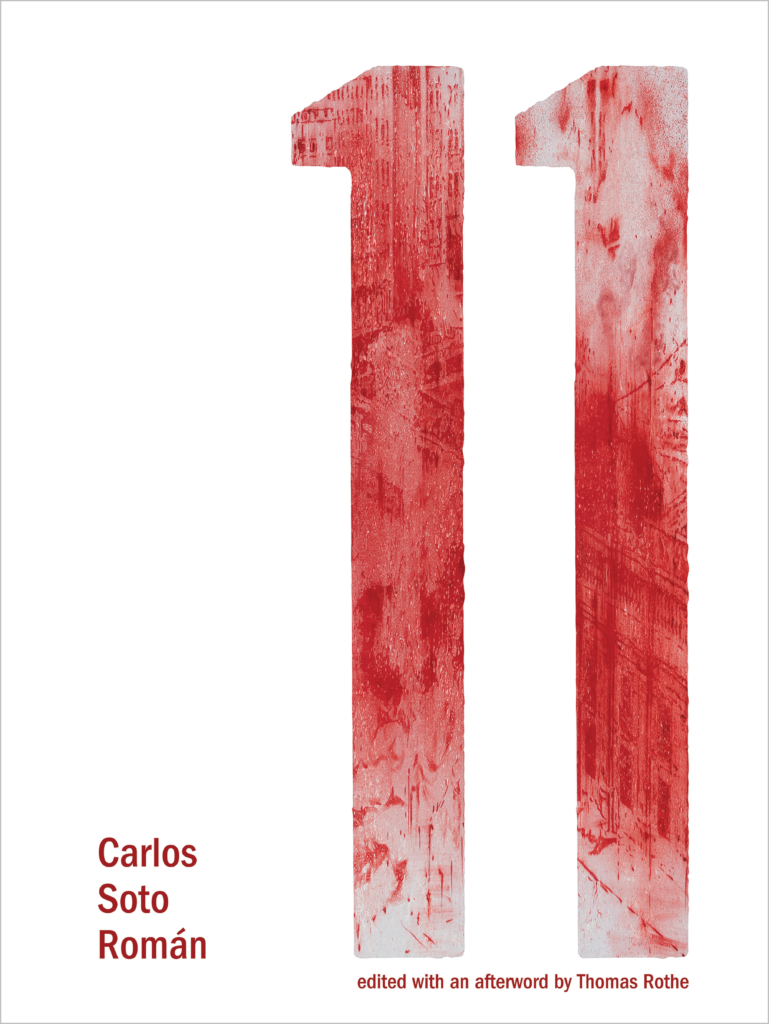First, the legs; then, the genitals; then, the heart.
In that order, they fired the machine guns.
***
EXTERMINATED
LIKE RATS
***
…in the beginning, when you start, you cry and try to hide, so that nobody notices you. Then, you feel shame, a knot forms in your throat but now you can tolerate the weeping. And then, […] you get used to it. And in the end, you don’t even feel what you’re doing…
***
a message from the SUPREME GOVERNMENT to the
the SUPREME GOVERNMENT is working rapidly on the
spreading subversive propaganda against the SUPREME GOVERNMENT
and threatening to the SUPREME GOVERNMENT will suffer the penalties
considering the urgency for the SUPREME GOVERNMENT to have
the SUPREME GOVERNMENT to the workers of the country:
regarding the measures the SUPREME GOVERNMENT has adopted
the SUPREME GOVERNMENT carefully analyzed
the SUPREME GOVERNMENT is fully aware
the SUPREME GOVERNMENT has prepared
***
all I’ve seen all I’ve heard all in silence forever until the grave
